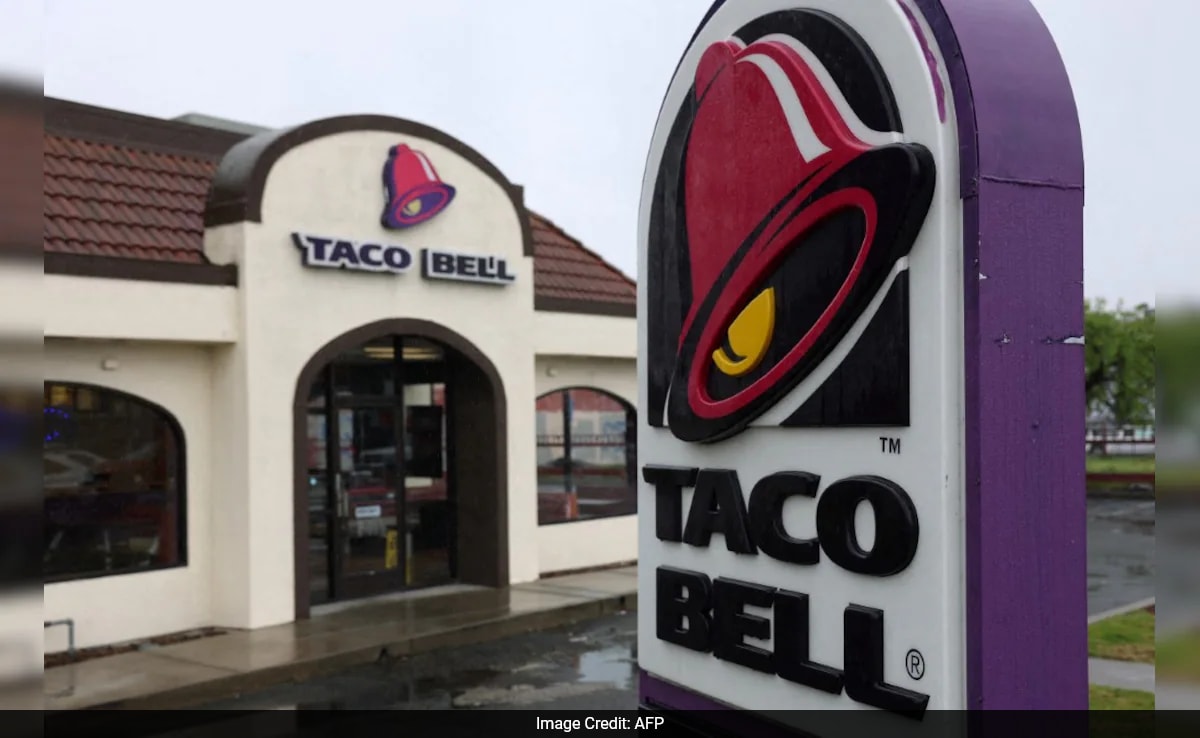Taco Bell has paused its AI ordering rollout after pranksters placed about 18,000 water cup orders, overloading systems. The incident underscores the need for AI safety, rate limiting, abuse detection, human oversight and stronger validation in customer facing AI and restaurant automation.

Meta Description: Taco Bell halted AI ordering rollout after pranksters ordered 18,000 water cups, crashing systems. Learn why consumer facing AI needs better safeguards.
Imagine arriving at a Taco Bell and finding the ordering system offline because someone used the AI interface to place roughly 18,000 water cups. This real world prank forced Taco Bell to scale back its AI rollout and implement emergency protections. The episode is a clear example of how customer facing AI and restaurant automation can fail without basic safeguards like rate limiting and abuse detection.
Fast food chains are racing to adopt AI driven ordering systems to cut wait times and lower labor costs. Taco Bell was an early adopter, piloting AI voice assistants and automated order handling across select locations. The promise is strong: AI can operate longer and handle repetitive tasks, helping restaurants scale operations. But this incident shows operational and reputational risks can emerge quickly when adversarial inputs meet gaps in system design.
The failure here was not that the AI failed to process language. It did exactly what it was programmed to do. The missing layers were common sense checks that human workers use automatically. This highlights key AI safety priorities for consumer facing systems:
This Taco Bell AI prank exposes how quickly trust can erode for AI driven customer experiences. Viral incidents undermine consumer confidence and can slow adoption across the industry. Companies planning AI rollouts should treat this as a wake up call to bake in resilience from day one, including natural language processing validation, safeguards against adversarial inputs and clear escalation paths to human operators.
Practical steps every chain should consider:
Taco Bell's AI ordering episode is not just a fast food story. It is a cautionary tale about rushing AI into customer facing roles without robust safety measures. The setback will likely accelerate work on rate limiting, abuse detection and human oversight across restaurant automation programs. The future of automated ordering is still promising, but it must be built around resilience and trust if it is to scale safely.
SEO tags: Taco Bell AI prank, AI drive thru glitch, AI ordering fail, 18,000 water cups, AI safety, rate limiting, abuse detection, customer facing AI, restaurant automation, AI rollout setback, human oversight, adversarial inputs



